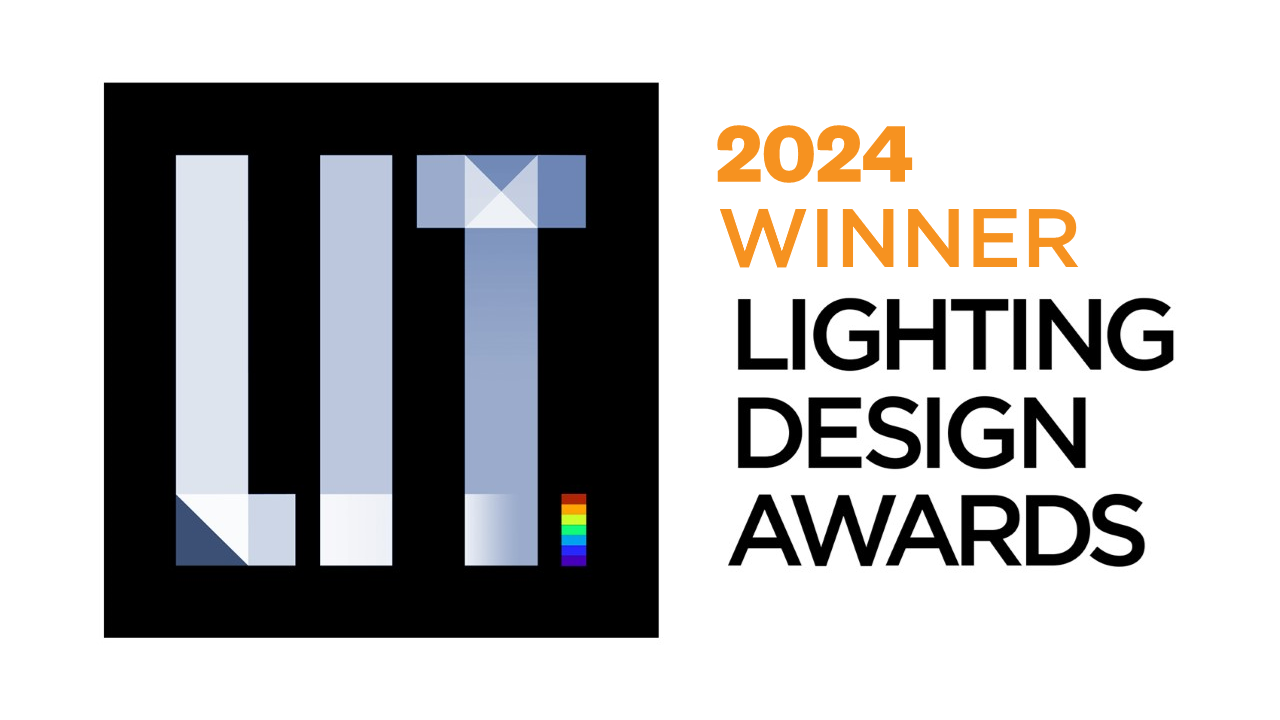Prize(s) Winners in Daylighting
Lighting Design/Product Company ANDRES + PARTNER - Partnerschaft mbB für Lichtplanung
Lead Designers Arne Hülsmann
Other Designer's names Prof. Katja Schiebler, Prof. Peter Andres
Architecture Company Kaspar Kraemer Architekten GmbH
Photo Credits Stefan Schilling
Other Credits Anja Andres
Completion Date February, 2021
Project Location West Germany
Entry DescriptionIn 2013, a competition was announced to design a Control Center for a major electricity distributor in Germany. The project required a specialized lighting solution that could meet the needs of employees working 24/7 shifts. To ensure well-being and productivity, a lighting concept that supports the circadian rhythm was essential. A daylight threshold of 1,000 lux was set, ensuring this level for one to two hours a day from November to March. Together with the architects, three different daylight solutions were developed, tested, and analyzed under artificial sky models. The control centers were equipped with skylights that brought in significant amounts of daylight, even when the sun was low in the sky. The cylindrical skylights, with diffused internal surfaces, were fitted with electrochromic glass and screens on the roof to regulate the daylight entering the space while eliminating glare. To maintain ideal lighting during the night, shielded tunable-white downlights were installed, providing adaptable lighting that shifts with the time of day. As daylight fades, warm white light gently illuminates the inner surfaces of the skylight tubes and ceiling edges, creating a soft, supportive environment. This user-centered design enhances the health and productivity of employees by providing ideal lighting conditions throughout the day and night.
Sustainability ApproachIn the lighting industry, sustainability holds many meanings. For us, it’s about enabling the healthy function of all species—humans and others—while protecting and enhancing their habitats. The project aims to provide the right lighting that can sustain a healthy functioning of its users over the long term. The daylight techniques involve fundamental concepts like Daylight Harvesting and allows to differentiate between „necessary“ and „unnecessary“ daylight. „Unnecessary daylight“ is often neglected in sustainable terms since it only revolves around the users and their comfort and not the environmental aspects. But this project focuses on the well-being of the users and to self-sustain with the efficient usage of the borrowed energy. To summarize, the right usage of the daylight helps to cut down the energy costs while providing a comfortable environment for all the species involved.


